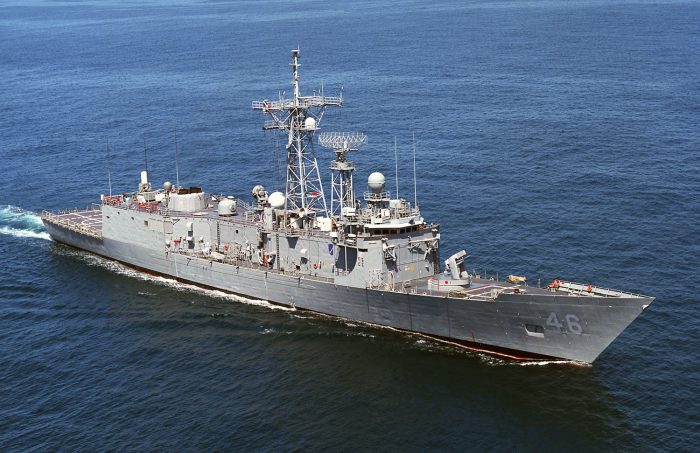The U.S. State Department named Costa Rica among a list of 22 major drug-producing and transit countries that “significantly affect the United States,” according to a statement released Monday.
The State Department said that inclusion on the annual review “does not necessarily reflect [a country’s] counternarcotics efforts or its level of cooperation with the United States on illegal drug control.” Instead the report lists countries with a combination of geographic, commercial or economic factors that allow drugs to be produced or trafficked through their territory. The State Department describes U.S.-Costa Rican relations as “close and friendly.”
Costa Rica was listed in the White House’s assessment alongside Afghanistan, the Bahamas, Belize, Bolivia, Burma, Colombia, Dominican Republic, Ecuador, El Salvador, Guatemala, Haiti, Honduras, India, Jamaica, Laos, Mexico, Nicaragua, Pakistan, Panama, Peru and Venezuela.
While President Luis Guillermo Solís has been critical of the U.S.-led war on drug, he has defended the use of U.S. Coast Guard vessels to patrol Costa Rican waters for drug traffickers on the high seas. As of the end of August, Costa Rica’s Drug Control Police had seized over 15.6 metric tons of cocaine – much of it with the aid of the U.S. Drug Enforcement Administration and the U.S Navy. The Public Security Ministry claimed it is the largest among confiscated in Central America in 2014.
On Sept. 11, President Solís and Public Security Minister Celso Gamboa met with Gen. John F. Kelly, commander of U.S. Southern Command, at the Casa Presidencial to discuss anti-narcotics operations and future collaboration between the allies. Gamboa is currently in the United States meeting with U.S. military officials to discuss additional funding, tactics and cooperation efforts.
Only Bolivia, Burma and Venezuela were listed as countries that had “failed demonstrably” to make meaningful efforts to adhere to international counter-narcotics agreements, according to the president’s report. Noncompliance can be grounds for terminating U.S. assistance. The White House, however, granted Burma and Venezuela a waiver to continue receiving U.S. aid, saying it is in the national interest.







